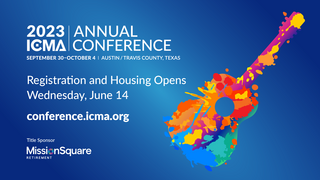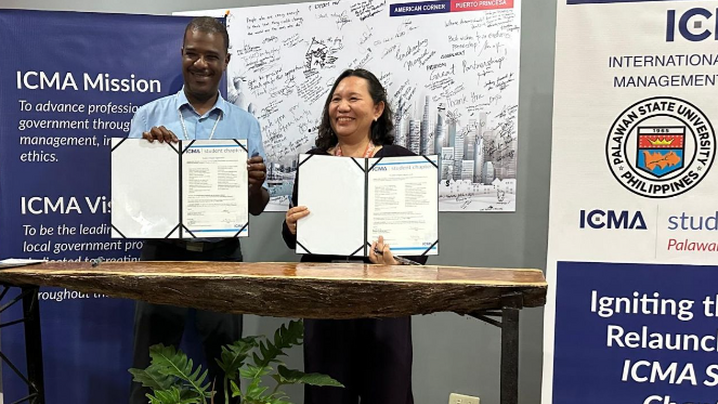

ICMA Executive Board approves guideline revisions to Tenets 4, 9, and 11 of the ICMA Code of Ethics.

Plan to join us in the Live Music Capital of the World®, September 30-October 4 in Austin/Travis County, Texas!

When local governments partner with universities in their area, it’s a win-win for all involved.

Mark your calendar and plan to register for the premier leadership and professional development event for local government professionals!

Reigniting international student engagement and opportunities in the Philippines and beyond.

With respect and civility, we can answer any question and respond to any challenge our communities face.

